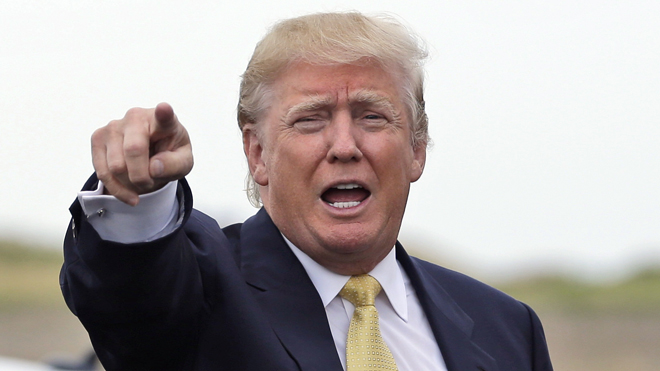Former President Donald Trump has filed a lawsuit demanding the appointment of a special master to review any evidence independently that the FBI seized from him as he pushes back against the unprecedented raid of Mar-a-Lago.
Trump filed the motion on Monday seeking an order from a judge to appoint a special master and stop the Justice Department from further review of the information they had seized from his Florida resort home until the special master is appointed. Trump also asked the judge to require the DOJ to provide a more detailed receipt for the property it had seized from him and to order federal investigators to return all items to him that had been taken but were outside the search warrant’s scope.
WHAT PUNISHMENTS TRUMP COULD FACE UNDER ESPIONAGE ACT
The suit was filed in U.S. District Court for the Southern District of Florida.

Earlier Monday, Magistrate Judge Bruce Reinhart, who signed the warrant for the raid on Trump’s home, suggested he may allow the Justice Department to keep the FBI affidavit underpinning its raid mostly sealed, though he rejected the DOJ’s arguments that the justification underpinning the “unprecedented search” should be kept fully hidden. The judge said in court last week that he believes there are portions of the affidavit that can be unsealed and ordered the government to file proposed redactions by Thursday.
Jay Bratt, chief of the DOJ’s Counterintelligence and Export Control Section, said in court Thursday that the investigation remains “in its early stages” when arguing against unsealing the affidavit.
“The documents seized at Mar-a-Lago on Aug. 8, 2022, were seized from President Trump and were created during his term as president. Accordingly, the documents are ‘presumptively privileged; until proven otherwise,’” Trump’s attorneys argued. “Only an evaluation by a neutral reviewer, a special master, can secure the sanctity of these privileged materials.”
The items seized by the FBI earlier this month allegedly included “various classified/[top secret]/[sensitive compartmented information] documents,” four “miscellaneous top secret documents,” three “miscellaneous secret documents,” two “miscellaneous confidential documents,” and one “confidential document.”
The Justice Department has already said that it is using a “filter team” or a “taint team” to review any privileged information and sift out evidence outside the scope of the warrant, but Trump’s lawyers argued that a “DOJ filter team will not protect President Trump’s rights.”
Trump and his allies have claimed he declassified the records, with the former president contending he had a “standing order” throughout his presidency that “documents removed from the Oval Office and taken to the residence were deemed to be declassified the moment he removed them.” Several former Trump administration officials have cast doubt on that notion.
Reinhart ordered a few documents released in redacted form last Thursday. The search warrant application cover sheet, originally filed Aug. 5 and ordered unsealed, provided more details on what the Justice Department was looking for.
The records show Trump was being investigated under 18 U.S.C. 793, part of the Espionage Act, and said it was related to “willful retention of national defense information.” The unsealed cover sheet pointed to 18 U.S.C. 2071, specifically the “concealment or removal of government records,” as well as 18 U.S.C. 1519, specifically related to “obstruction of federal investigation.”
Last week, the DOJ announced its opposition to the release of the underlying justification for its search, just days after it agreed to unseal the FBI warrant for the search of Trump’s Florida resort.
CLICK HERE TO READ MORE FROM THE WASHINGTON EXAMINER
Attorney General Merrick Garland said earlier this month that he “personally approved the decision to seek a search warrant in this matter.”
A host of congressional Republicans condemned the raid and called on Garland, FBI director Christopher Wray, and the National Archives and Records Administration to provide answers.

